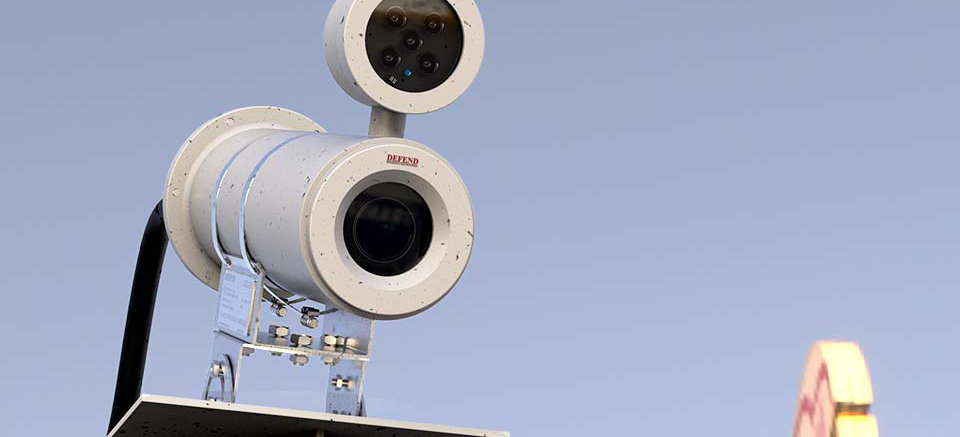What corrosion protection is available for cameras used in hazardous environments?

Maria Zhu
September 02, 2024

Cameras used in hazardous environments are exposed to harsh conditions that can cause corrosion, particularly in areas with high humidity, saltwater, or chemical exposure. A variety of corrosion protection methods are available to ensure long-term durability and reliability:
-
Stainless Steel Explosion-proof Camera Housing
Stainless steel, particularly grades such as 316L, is highly resistant to corrosion, particularly in marine and chemical environments.
Ideal for environments with high salt or chemical exposure.
-
Epoxy Coatings
Epoxy coatings provide a thick, protective layer that is resistant to chemicals, moisture, and saltwater.
Applied to the outside of the camera housing to prevent direct contact with corrosive substances. Used in industrial environments where chemicals are present.
-
Anodizing
Anodised aluminium housings offer improved corrosion resistance. This is achieved by forming a protective oxide layer on the metal surface.
Suitable for environments where weight is an issue and corrosion resistance is required, such as Offshore platforms.
-
Polyurethane Coatings
Polyurethane coatings are flexible and offer excellent resistance to abrasion, chemicals, and UV radiation.
Often used in combination with other coatings or on metal surfaces for added protection. Effective in environments exposed to harsh chemicals and fluctuating temperatures.
-
Marine-Grade Paint
Specialized marine-grade paints are designed to resist saltwater corrosion and harsh marine conditions.
Applied as a topcoat over metal housings, particularly in offshore and coastal environments. Ideal for cameras installed on ships, oil rigs, and coastal areas.
-
Zinc Coating (Galvanizing)
Galvanising is the process of coating the surface of a metal with a layer of zinc, which acts as a sacrificial anode to prevent rust.
Suitable for outdoor installations in environments where metal surfaces are exposed to moisture.
-
Nickel Plating
Nickel plating provides a hard, corrosion-resistant surface that also enhances the appearance of the camera housing.
Effective in environments such as chemical processing plants and other industrial environments.